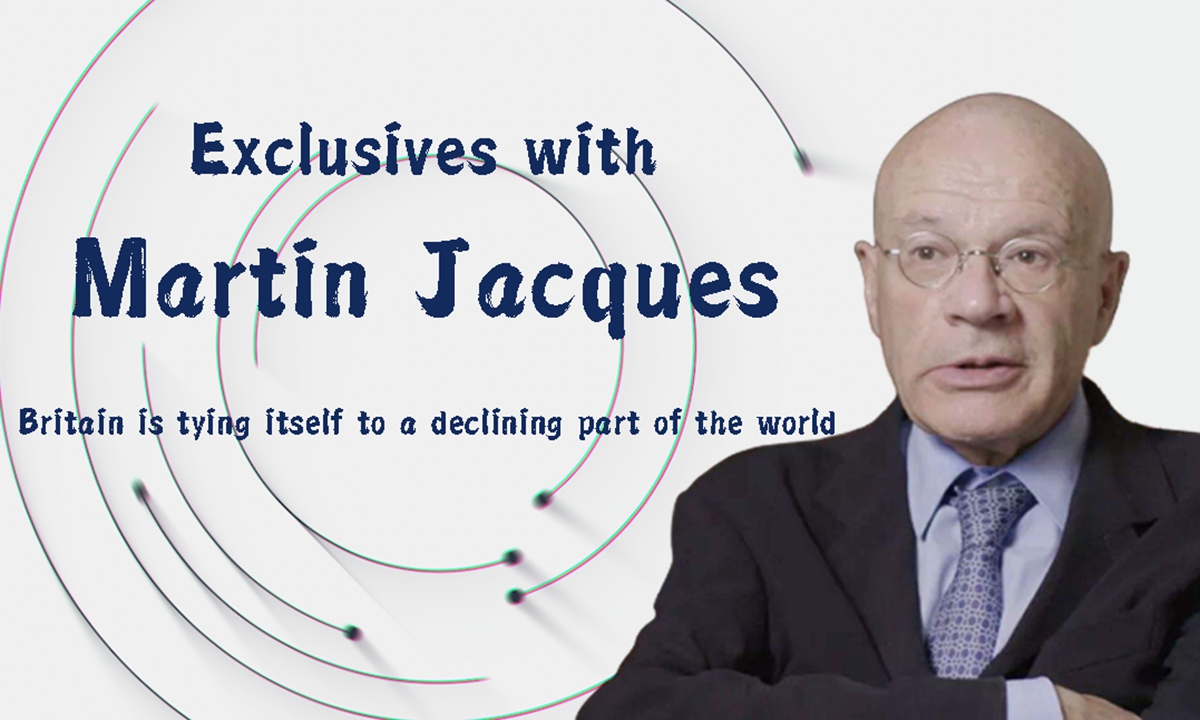THE Chinese Zodiac consists of 12 animals that represent certain years. The year of your birth is represented by one of these animals, and according to the Chinese Zodiac, you will have particular personality traits that resemble your assigned animal.
Wondering how your zodiac sign fares during the Year of the Ox? Here’s how you can be well-prepared in 2021 with some guidance from feng shui master Lee Cheng Hoe.
RAT (1924, 1936, 1948, 1960, 1972, 1984, 1996, 2008, 2020)
It will be a smoother year for the Rat who is in harmony with the Ox. Your interpersonal relations are greatly enhanced and influential people are happy to help you.
Scholars and academics will do well as Rats will find it easier to acquire new knowledge. Career folk seeking promotions and business owners who are scouting for new avenues must strive to win with their wisdom and wit.
Pay attention to your health and well-being, whether physical or emotional, as you will be plagued by illness stars which may hinder your progress and incur unnecessary expenditure.
OX (1925, 1937, 1949, 1961, 1973, 1985, 1997, 2009, 2021)
Changes abound for the Ox who is in direct conflict with the presiding god, so be mentally prepared to face various obstructions and refrain from impulsive actions.
Artistic pursuits and creative ventures are favoured. Career-wise, your talents and excellent work performance get much-deserved recognition.
Remain alert while driving and be extra careful if your work requires dealing with metal objects or operating machinery. You may donate blood to resolve the bloodshed brought about by unlucky stars. Boost auspicious energies with happy events, such as wedding banquets and birthday parties. Avoid funerals and hospitals and other places with negative energies.
TIGER (1926, 1938, 1950, 1962, 1974, 1986, 1998, 2010)
The Tiger benefits greatly from auspicious stars bringing the powerful luck of good relationships and helpful male benefactors such as male family members, relatives, friends, business partners, colleagues, customers and so on.
Those involved in sales, marketing and business development can look forward to success at work and merchants may consider expanding their businesses to overseas markets.
The lucky stars will also benefit the love life of the female Tiger, who is seeking her other half. Singles may look forward to finding a suitable companion. There are indications of happy events such as weddings and the addition of family members.
RABBIT (1927, 1939, 1951, 1963, 1975, 1987, 1999, 2011)
This year, Rabbits have to rely on themselves and complete their tasks independently as they basically have no support from auspicious stars. There is a focus on family health so you should pay particular attention to the wellbeing of elderly family members and take speedy action if there is any indication of health problems which may require immediate medical attention.
If Rabbits wish to enhance their fortune, they may buy a house or redecorate their home or even replace their furniture. Be extra careful when going outdoors. And if you have to drive, do not speed.
DRAGON (1928, 1940, 1952, 1964, 1976, 1988, 2000, 2012)
The Dragon’s good fortune manifests itself in the form of influential female benefactors (ie female family members, relatives, friends, business partners, colleagues, customers, etc). There is also added benefit to the love life of male Dragons who are looking for their significant other. Singles will find it helpful in the development of their relationship with their partner.
Inauspicious quarrelsome stars may amplify your argumentative tendencies, so watch your tongue. Refrain from getting overly involved in other people’s affairs.
Be conservative in wealth management and exercise caution with investments. Avoid travelling to places that are known to be dangerous.
SNAKE (1929, 1941, 1953, 1965, 1977, 1989, 2001, 2013)
A year for the Snake to level up in their career, making it especially conducive to move up the corporate ladder. Your auspicious stars empower you to attain your goals and offer opportunities for career advancement. Your efforts receive due recognition from your bosses.
Civil servants and management personnel can look forward to promotions while scholars and academics will achieve outstanding examination results.
To counter badmouthing and backstabbing by those who are envious of your success, shine a bright light or put a red carpet in the southwest to reduce the negative impact of the inauspicious stars on your reputation.
HORSE (1930, 1942, 1954, 1966, 1978, 1990, 2002, 2014)
It is a joyful time for the Horse, who will enjoy a very colourful social life with plenty of opportunities for merrymaking. This is especially advantageous to Horses who are working in sales and marketing.
Powerful benefactors will lend their support whenever you require help. You will be extraordinarily attractive to the opposite sex.
Singles looking for a life partner can take the opportunity to get hooked up, while those who are married have to guard against getting entangled in undesirable affairs.
Avoid high-risk investments. Pay attention to the health of male elders in your family.
GOAT (1931, 1943, 1955, 1967, 1979, 1991, 2003, 2015)
The Goat will be presented with opportunities for relocation or home ownership. You will also be blessed with benefactors who will help to solve problems on your behalf. It will not be easy for you to accumulate wealth as financial loss is indicated.
Avoid careless or high-risk investments. Just keep your money in a safe place instead. You need to cultivate patience as your luck is not too promising so you will encounter more obstacles which will further complicate matters for you. To help dispel the disturbance caused by inauspicious stars, it is advisable to pray for good fortune.
MONKEY (1932, 1944, 1956, 1968, 1980, 1992, 2004, 2016)
Superb fortune stars shine on the Monkey, bringing a steady rise in career development. This is indicative of a status upgrade to a prominent position, which is most rewarding to office workers and administrative personnel.
There will be ample opportunities for you to demonstrate your myriad talents and leadership abilities.
Also indicated are happy events such as getting married and having babies. Even new relationships develop more quickly.
Refrain from being boastful or showing off too much as it can easily lead to a sudden reversal of fortunes that will leave you depressed and stuck in a rut.
ROOSTER (1933, 1945, 1957, 1969, 1981, 1993, 2005, 2017)
High time for Roosters to shine in leadership roles, particularly those in administrative or management positions. This is a prosperous year with promotions and increments in store, plus promising opportunities for further wealth gain.
Avoid extreme sports such as mountain climbing, skydiving, water skiing and other high-risk physical activities.
You may also be prone to injury due to animal bites or bloodshed caused by metal objects. Be careful on the road. You may donate blood to resolve the bloodshed brought about by unlucky stars.
There will be more ups and downs in your career and love life, so it is important to act cautiously.
DOG (1934, 1946, 1958, 1970, 1982, 1994, 2006, 2018)
The Dog is surrounded by marvellous fortune stars so everything can be settled easily.
Both happiness and wealth are indicated, as well as great potential in your career. You do not have to work too hard as the help you require will come naturally.
Opportunities present themselves, so if you can grasp the good fortune in time and make the effort, you will achieve the recognition you deserve.
As long as you do not commit any offences, your lucky stars will help to transform all bad luck into good fortune. Try to maintain a healthy diet and regular exercise regime.
PIG (1935, 1947, 1959, 1971 1983, 1995, 2007, 2019)
It is a hectic time for the Pig who has to go out and move about frequently for good fortune to manifest.
You will be travelling further distances more often and staying away from home for longer durations.
This frequent change of environment often signifies changing jobs or relocating, studying abroad or working overseas.
Because you are always on the move, do be careful when driving and allow yourself to rest when tired.
To strengthen personal fortune, try to attend festive activities of family and friends that are filled with positive energies. Avoid funerals and hospital visits.
Auspicious acts
How to feng shui your way to success this year.
TO enhance your good fortune this year, there are some things you can do in your home or office, according to feng shui beliefs. Here are some tips from feng shui master Lee Cheng Hoe on how to make the most of the Year of the Ox.
Magnify the lucky stars
There are various auspicious locations in 2021 according to the Annual Flying Star Feng Shui Chart. You are in luck if your bedroom, main door, office or shop is located in any of them. But there are also ways to increase your good fortune.
The West is where the Number 8 White (Earth) Annual Star is located. As we are presently in Period 8, the Number 8 Star is the best of all as it is the current wealth location.
Activate it using a fan or clock to stimulate the flow of auspicious energies. Further enhance the qi with a treasure bowl full of crystals. Install a ‘moving water’ feature to energise it for added prosperity.
In the South is the Number 1 White (Water) Annual Star which is good for wealth, love and career. Activate it using a water feature. Those who wish to find a partner, enhance their sales volume or increase their wealth should utilise this sector.
The Number 6 White (Metal) Annual Star in the Centre is conducive towards career advancement and brings windfalls and other indirect wealth opportunities. Energise it using a crystal ball with Six Emperor Coins. Spend more time here if you wish to increase your chances of striking the lottery.
The Number 9 Purple (Fire) Annual Star at the Northeast brings good news or happy events such as getting married or having a baby. It is also the secondary wealth sector. Enhance your good fortune using nine pots of plants or nine bamboo plants secured with a red ribbon. Also, shine a bright light and place a red carpet there too.
Those who wish to have a baby should spend more time here and keep the area well activated. Note that the Northeast is the location for the Grand Duke (Tai Sui) as well this year, hence no renovations, knocking or breaking of walls should be done in this area.
The Number 4 Green (Wood) Annual Star in the East makes it the best place for scholastic achievement and is particularly good for brainstorming and decision-making. Utilise this sector for a better relationship among couples or to enhance potential romantic encounters. Activate it with Wen Fang Si Bao (Four Treasures of the Study) or a Wen Chang pagoda or put four bamboo plants in a vase filled with water.
Take note that the Three Killings (feng shui afflictions) is also in the East this year, but that can be remedied with three small Qi Lin (Chinese unicorn or dragon horse) to reduce the negative impact.
Suppress negative energies
Fret not if you are currently stuck in an unfavourable location. To reduce the impact of the inauspicious stars, Master Lee recommends some steps that you can take.
The Number 5 Yellow (Earth) Annual Star in the Southeast makes it the worst location and the most dangerous sector. No renovations, hammering or breaking of walls in this area should be done.
Beware of accidents and obstacles. Remedy with Fortune Water (also known as An Ren Shui or salt water cure), but be careful not to have ‘moving water’ features there. Avoid having any red-coloured objects in this area.
The Number 7 (Metal) Annual Star in the Northwest makes it a hotspot for arguments, theft, robberies and health issues. Suppress the negative energies using a glass of water with coarse salt.
The Number 2 Black (Earth) Annual Star at the North sector triggers illness and loss of wealth besides making it the place where unwanted spirits like to gather. Remedy using Fortune Water or Five Emperor Coins or a Bronze Dragon Turtle.
The Number 3 Jade (Wood) Annual Star at the Southwest sparks constant arguments, and in extreme cases, may lead to lawsuits. Remedy with a red-coloured object such as a red carpet, red light or red sofa. The Southwest is also in direct conflict with the Grand Duke, hence avoid renovations, or the hammering or breaking of walls there.
Read more related:































